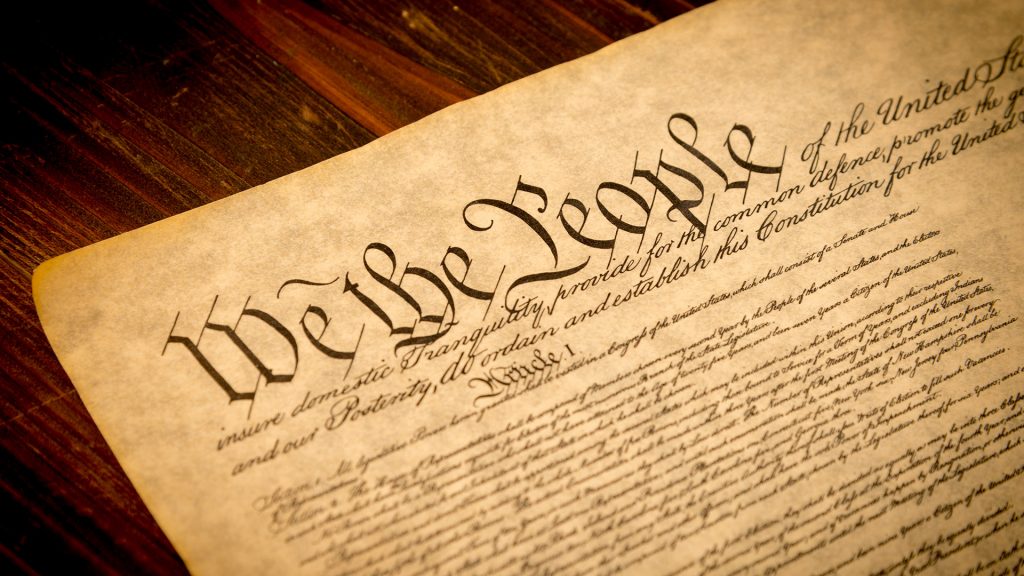This doesn’t have to end here; we have it in us for many more.
By Mike Kapic
9/17/2017
It’s September, not July 4, and not America’s birthday, you say. However, if it weren’t for this day 230 years ago, America wouldn’t be here today to celebrate. The Articles of Confederation, its governing document or constitution at the time, was proving inadequate as the independent states and a central form of government were flailing toward a death spiral in the period after the Revolution War.
Each state had its own currency and trade rules with foreign countries as well as neighboring states. They were all struggling with the new industrial revolution. Prices for products and labor were skyrocketing. Our merchant ships were being pirated by North African sailors while the country waited for a new navy. Our war debt owed to other countries and veterans, but the states were not contributing.
This was a period of ineffective and inefficient governance driven by a single congressional body and no executive or judicial or underlying rule of law. The Articles of Confederation was a disorganized montage of pronouncements: States were not allowed to wage war without Congresses permission. Where ever armies are raised, the state legislatures will assign military ranks of colonel and below. Each state had one vote in Congress. The states were required to raise funds to support the national government. But there was no glue to hold it all together.
The problem-solving mechanism used in this period by the people and colony/states to resolve issues, that legislature or national congress could not solve, was the convention process. It’s origins came about in 17th century England and caught on in the colonies beginning in the early 1630’s and ‘40’s. They became so common by the 1780’s and everyone knew how they worked. Conventions became the go-to problem solving process.
The US Constitution came out of a convention on September 17, 1787, and was delivered to the Second Continental Congress who had encouraged the convention of states to reform the Articles of Confederation as necessary. Four months of work by the founders produced a 4450-word document containing seven Articles describing how our government was to work.
The founders wrote it for the people of America and declared in the last article, VII, that it was to be approved or ratified by the people. All thirteen states eventually approved it.
But this is only one of two recent birthdays we should be remembering.
Another birthday was celebrated two days ago: Article V, the method by which the founders determined how future generations would modify the document, as needed, was established two days before the end of the convention. George Mason rose on September 15, 1787 and declared to the convention delegates that they had only allowed for Congress to revise the Constitution. They had not allowed for the ultimate owners of the governance a voice in their Constitution. And so, Article V came into being.
There are two methods for proposing changes and Congress has done all of them by proposing 33 amendments to the states for approval over the last two 2 ¼ centuries. The state legislatures have approved 26 of the current twenty-seven. Because it was a popular tool in the past, a convention of states was used to approve both the original Constitution and the 21st Amendment. There have also been two amending conventions since the beginning, one in 1814 and the other 1861.
I think we can agree that today a divisive America has moved away from the Constitution’s rule of law and the traditional values of the founders and toward a new and foreign form of governance. It has become not only prudent, but morally imperative upon us that, to keep from losing Her, we’ll have to save Her by doing something untried. With the same fortitude and determination as the founders 230 years ago, there are no alternatives left, but to implement the second clause of Article V.
It behooves us to understand our long and storied history of how we learned to overcome adversity centuries ago. It would be the first step toward recovery. For the generations to come that want to celebrate the 460-year birthday, we must act now.
Happy Birthday, US Constitution. Here’s praying for many more.

